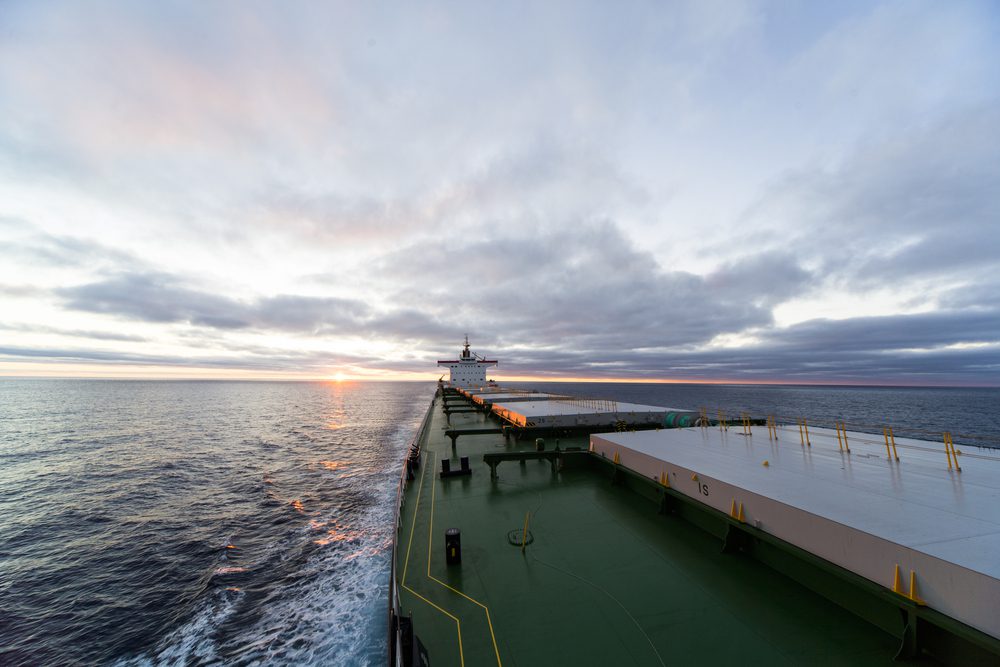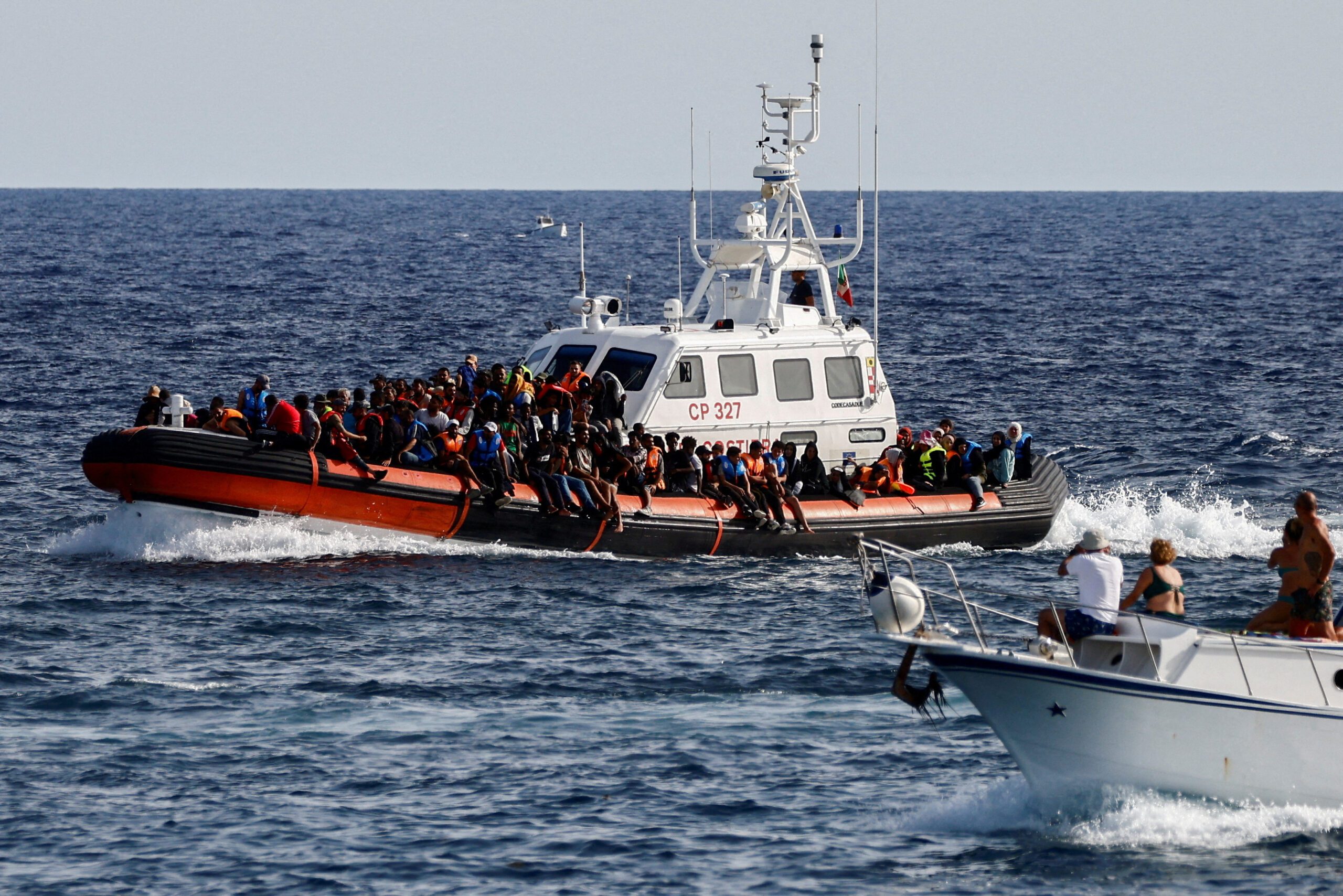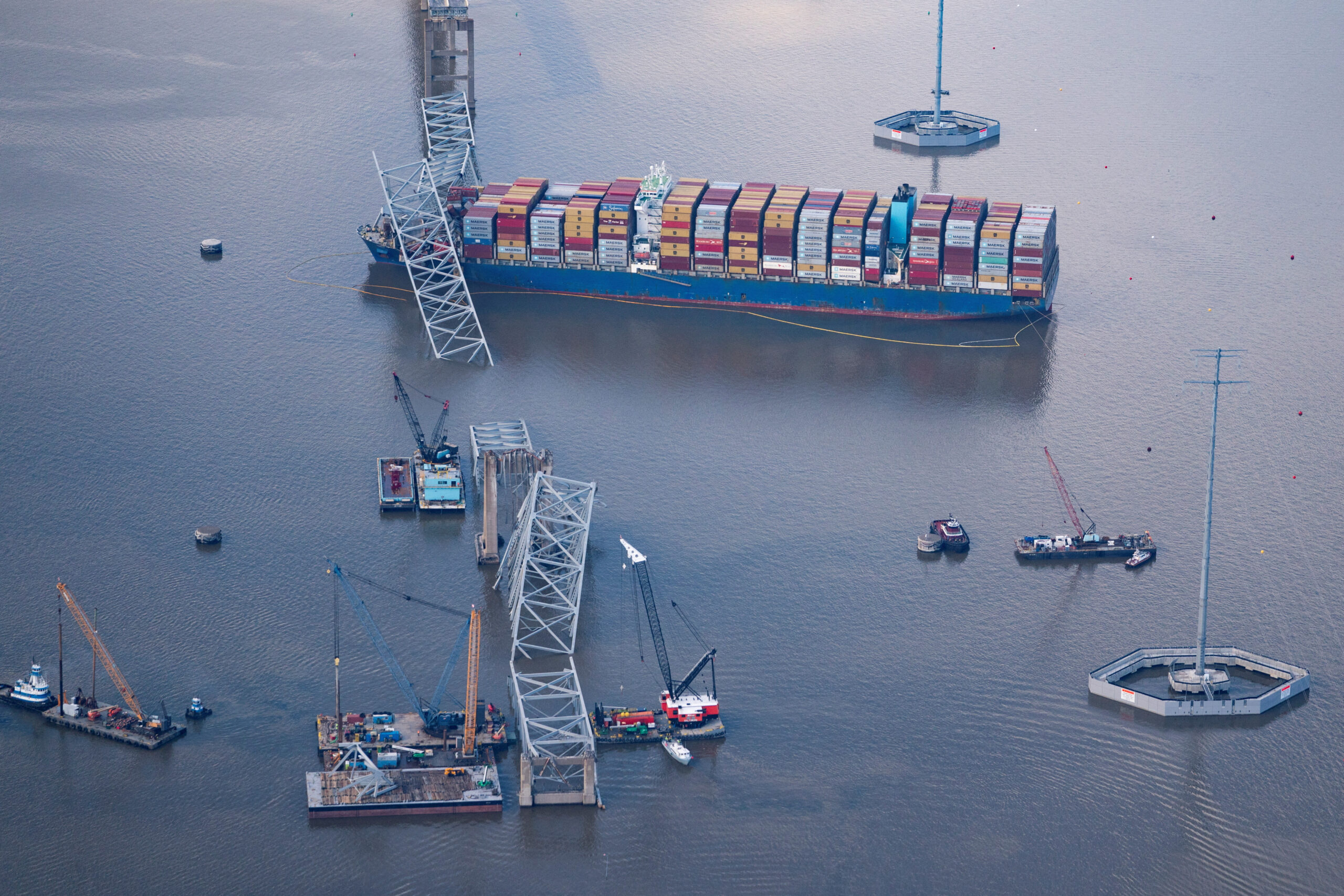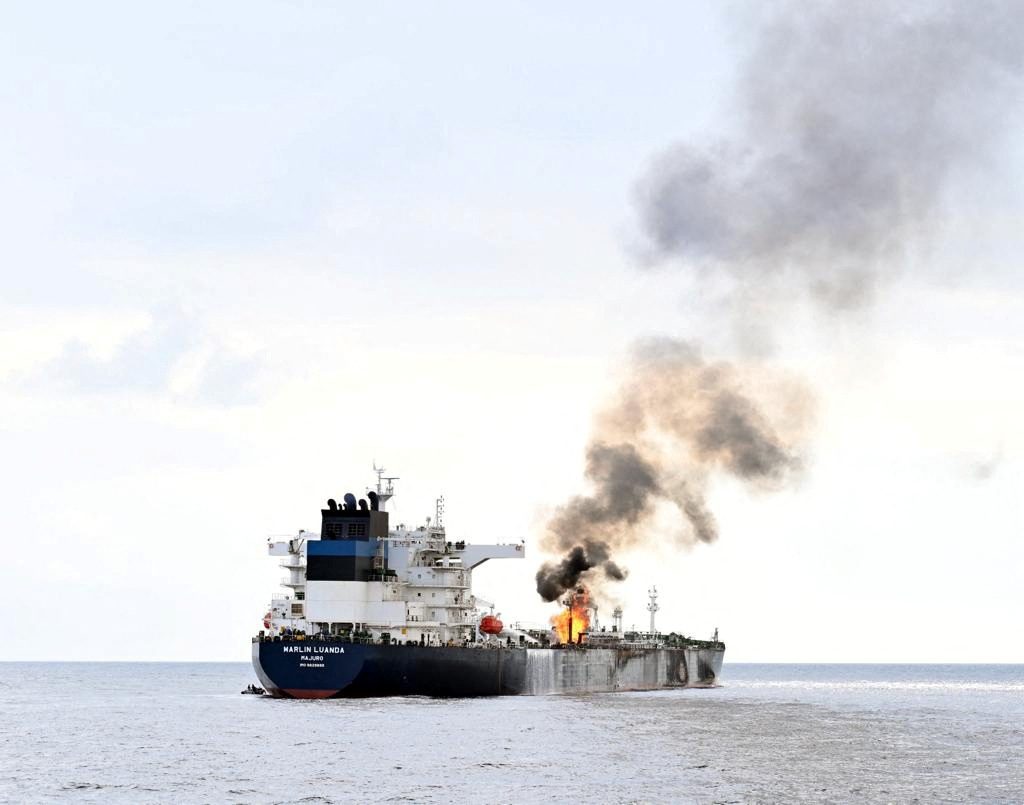By Manisha Jha and Naomi Christie
(Bloomberg) — The cost of shipping commodities fell to a record, amid signs that Chinese demand growth for iron ore and coal is slowing, hurting the industry’s biggest source of cargoes.
The Baltic Dry Index, a measure of shipping rates for everything from coal to ore to grains, fell to 504 points on Thursday, the lowest data from the London-based Baltic Exchange going back to 1985. Among the causes of shipowners’ pain is slowing economic growth in China, which is translating into weakening demand for imported iron ore that’s used to make the steel.
“The main issue is the lack of demand for iron ore from China,” Eirik Haavaldsen, a shipping analyst at Pareto Securities AS in Oslo, said by phone. “This market is looking like a disaster and the rates are a reflection of that. It is looking scary for the market and it doesn’t look like there is going to be any life in the market in the near term.”
Just as China’s surging imports of iron ore and other commodities led a surge in the Baltic Dry Index to a record in the last decade, now rates are sliding ever lower as that growth stalls. The nation’s ore purchases will expand by just 1 percent in 2016, about half this year’s expansion and the weakest pace in six years, according to data from Clarkson Plc, the world’s biggest shipbroker. Global trade in the raw material will increase the most slowly since 2001. China’s economy will grow by 6.5 percent in 2016, the least in a generation, economists’ forecasts compiled by Bloomberg show.
The Baltic Dry fell 2.9 percent Thursday, taking its decline this year to 36 percent. Day rates for Capesize vessels, so called because they can’t get through the Panama Canal’s locks, slumped 7.2 percent to $4,015. All of the five ship types tracked by the Baltic Exchange retreated. Panamaxes, the biggest to go through the Panama Canal, fell 1.9 percent to $3,737 a day.
It’s not just a slowdown in iron ore that’s pressuring owners. Coal, the second biggest source of cargoes, is weakening too. Global trade in the fuel and steelmaking raw material will grow by 2 percent this year, Clarkson data show. China’s buying will slide 5.7 percent next year to 159.7 million metric tons.
The fleet is also too big for the amount of cargoes that need to be shipped, a function of record ordering of new vessels when surged in the last decade when rates were reaching records.
“Its import growth of raw materials is either flatlining or declining,” Nigel Prentis, the head of research at Hartland Shipping Consultants Ltd. in London, said by phone about China. “That’s having a really big knock on effect.”
©2015 Bloomberg News
Unlock Exclusive Insights Today!
Join the gCaptain Club for curated content, insider opinions, and vibrant community discussions.

 Join The Club
Join The Club













